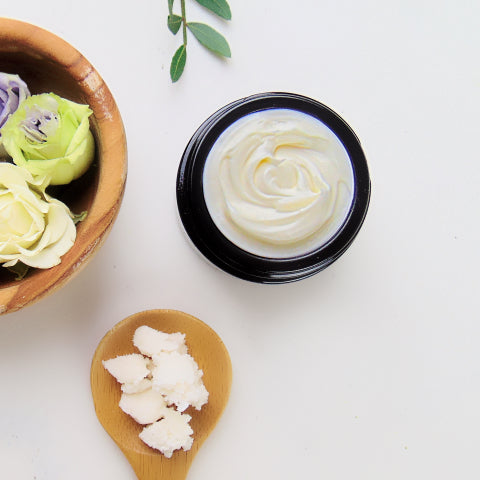Getting enough sunlight is important – even if it’s only for 10 minutes a day – for your physical and mental health. According to The Indian Express, it could even help counteract a vitamin D deficiency currently on the rise in those living in urban areas.
However, prolonged sun exposure is damaging to skin, resulting in irritated, dry skin, sunburns and even cancer. UV damage is considered one of the worst skin offenders when it comes to aging. You can get your vitamin D and keep your skin healthy with a few tips and choosing sun care products that protect and nourish you.

Here are a few things to consider
- Your SPF. The Sun Protection Factor is a multiplier, extending the amount of time you can be in sunlight without burning. It can as little five minutes to get sunburn in the summer, so, according to the formula, five is the multiplier for your sunscreen’s SPF. For example, an SPF 15 sunscreen would get you 75 minutes in the sun (5 minutes of exposure X 15 SPF = 75 minutes of protection). Many plant oils like Coconut and Rice Bran have a little UV blocking capability and provide a low SPF all on their own (often in the 2-10 range), so if you're looking for a natural product, you'll probably see some of these oils included.
- Sunblock vs. Sunscreen. Sun protection comes in two forms: sunscreen and sunblock. It’s important to know the difference between the two. Sunscreens are chemical and prevent UV damage after the sun comes in contact with the skin. Sunblock actually reflects the sunlight away. An effective sun blocking mineral that safe in natural skincare is Zinc Oxide. Zinc Oxide is a powdered mineral used in natural sun blocks. One point to note is the particle size of Zinc Oxide. Nano Zinc Oxide is powdered into really small particles (diameter < 100nm) and generally used in sprays. At such a small size, the particles can be inhaled and can also penetrate your skin. For this reason there has been a growing concern about nano Zinc Oxide among skincare and medical professionals. However, Zinc Oxide (not-nano) is extremely safe and highly beneficial as a sun block. It is the same kind used in diaper rash creams. Zinc Oxide in lotions and creams sits on your skin and blocks UVA, UVB and even UVC rays and is one of the best sun blocking ingredients you can have in a natural product. When choosing your natural sunblock, take a minute to verify that the Zinc Oxide being used does not comprise of the tiny (nano) particles.
- Reapply! There is really no true "waterproof" sun screen. If you sweat, if you're swimming, or if the humidity in your area is high, your skin care products may not last on your skin. Reapply your sunscreen every 2 hours as a minimum. Some doctors even advocate reapplying every 30 minutes if you are constantly outdoors.
- Treat your skin before you put on makeup. Putting on skin care products first helps to avoid smudging, and it also makes sure that your skin remains healthy. Moisturizers, anti-aging creams, and sunscreen can all be put on before you do up your makeup.
- Drink water and cover up.Water is important to skin's moisture. Prolonged exposure to the sun can leave your skin dehydrated. So if you're out and about for a long time, remember to keep a water bottle near. Nothing protects you better than good clothing. Light, breezy white clothes will reflect sunlight while keeping you comfortable and protected. Try a white scarf over your shoulders or a light white shirt over your swimsuit, and a hat for your face.
Prevention is always better than the cure. So protect your skin. Despite this, long periods of exposure to the sun can leave your skin dry, slightly irritated and parched. An after-sun lotion is a great addition to your summer skincare routine as after-sun lotions pump nutrients back into dehydrated skin and restore skin's moisture levels. Our after-sun lotion, Vienne Après Surf and Slope is designed to do just that with natural and soothing botanicals. Visit our website for more great skin care products for your days in the sun.





Publier le commentaire